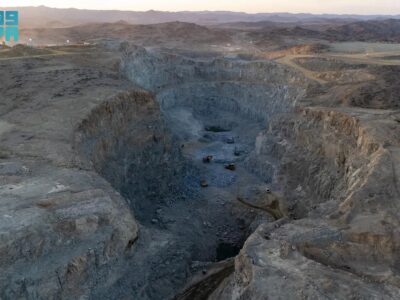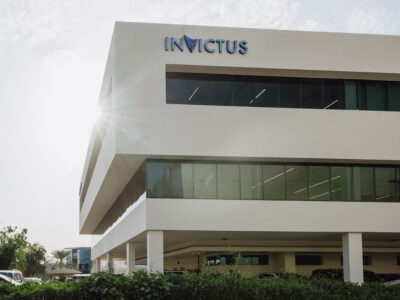If you’re running a small business anywhere in the Gulf, the chances are you’ve never had it tougher. Red tape, licence fees, the cost of visas and the lack of insolvency regulations are all combining with the difficult economic conditions to create an environment where even the hardiest entrepreneurs are thinking of pulling the plug.
Last week’s sentiment survey from Gulf Finance, which surveys small businesses in the UAE on a quarterly basis, made for refreshingly honest reading. Looking through the responses, it wasn’t easy to find any cause for optimism. From orders to payment collection, and from confidence to the ability to raise finance, respondents reported a significantly worse quarter than the one before.
The survey’s results chimed with comments made recently by entrepreneurs and commentators brave enough to speak out about what they see as problems facing the sector.
“It’s important because perception is reality,” Sultan Sooud Al Qassemi told us last month. “You send the message that you are entrepreneurship-friendly but go and start a business in any country in the Middle East and come talk to me.
“How much money will it cost you? How much bureaucracy? How many stamps? How many business departments do you have to visit? Everywhere the same.”
That sentiment was echoed by the co-founder of delivery start-up Fetchr, Joy Ajlouny. “We feel frustrated as entrepreneurs because the ecosystem here is not conducive for helping start-ups,” Ajlouny told our sister magazine, Arabian Business StartUp. “You need to buy a licence — that’s $25,000. You need to register with the government — that’s another $25,000. How do you prosper as start-ups?
“Every time we hire someone there’s a visa restriction and then they’ve got to leave the country, pay for a ticket for them to leave, then another medical examination. Think about all the expenses that rack up trying to run a company like a start-up. You’re dead before you start.”
Now if Ajlouny had been in charge of a failed start-up, you might be forgiven for thinking this was a case of sour grapes. But Fetchr is the first outfit from the Middle East to be funded by New Enterprise Associates, the world’s largest venture capital firm. Last year, the firm raised $11m in Series A funding from Silicon Valley, again a record for the region.
There are some areas in which the UAE could potentially make some changes. The requirement for office space is a particular bugbear. In an age where many small businesses can be run out of homes or coffee shops, the need to pay upwards of AED60,000 ($16,330) a year on rent seems to be a rule more geared towards established foreign firms setting up shop here, rather than home-grown start-ups. And a limit to the number of visas that these companies can offer — without paying significantly increased fees — also appears to be counter-intuitive. Surely small businesses should be encouraged to hire more staff if they need them?
The UAE is certainly outshining its neighbours in the Middle East when it comes to attracting, nurturing and developing entrepreneurs, but perhaps the country should be benchmarking itself against its global peers. The World Bank’s Doing Business rankings for 2016 puts the UAE in a very creditable 31st place overall, but when it comes to starting a business, its ranking drops to 60th.
In these straightened times of budget deficits and low oil prices, persuading governments that they need to cut fees rather than increase them seems like a tall order. And no-one is saying that licences should be handed out for free. But without giving start-ups the tools they need to survive, the long-term loss to the economy could be incalculable.








